It is not an art to bring a tourist once. In this race, municipalities and businesses must play to the same goal

- The panelists of the debate entitled “Tourism and the Market”, which took place during the 17th European Economic Congress in Katowice, sought answers to this question.
- The Polish "unique selling point" is managing the tourist experience, because we are good at it and we have something to manage. All that is needed is to build an offer and sell it in a modern, attractive way.
- Tourist authorities expect a stable financial policy and stable legal regulations from the state. On the other hand, their openness to cooperation with entrepreneurs and organizations is also needed.
As Deputy Minister of Sport Piotr Borys recently reported, tourism as an industry generates over PLN 100 billion in revenue annually - that is almost 5% of GDP. But the goal is ambitious, we have to catch up with the European average, and the average share of tourism in GDP in the EU is over 9%. This means following global trends and building tourist advantages.
The tourism strategy is to help make Poland recognizable among foreign tourists and strengthen the regions- Our most common mistake is to translate our idea of our country, our regions, our attractions into an attempt to communicate this to the outside world. And let's remember that quite a few people in the world have no idea where Poland is - emphasized Rafał Szmytke, president of the Polish Tourist Organization.
The proof of which is that, for example, Krakow has a stronger brand in the world than Poland , in other words - more people associate Krakow than Poland. But this is not an isolated case. The same is true for Prague and the Czech Republic.
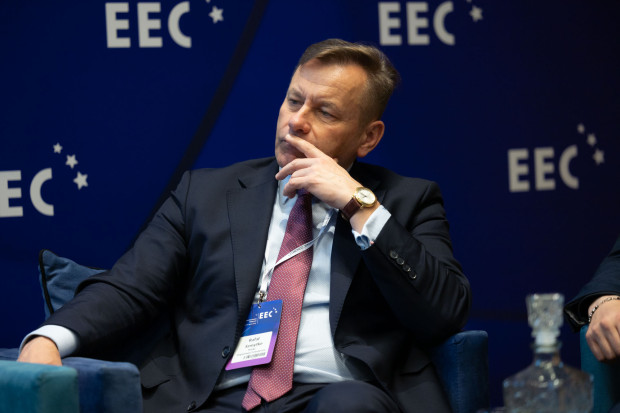
Among the current global trends in tourism, the President of POT mentioned: culinary travel, sustainable tourism, slow tourism and even film tourism (visiting places known from films and TV series).
- Traveling has changed and we want to do more than just check off places on the map of Poland or the world. Traveling is really about emotions - Szmytke continued.
The year 2025 will be a period of intensive work on the strategy for the development of tourism in Poland. Up until now, there has been talk of regional strategies, but there has been no national document.
We are one of the few provinces that has a separate tourism strategy. This is a priority for us, because tourism is developing wonderfully in our region.
- noted Joanna Bojczuk, member of the board of the Silesian Voivodeship.
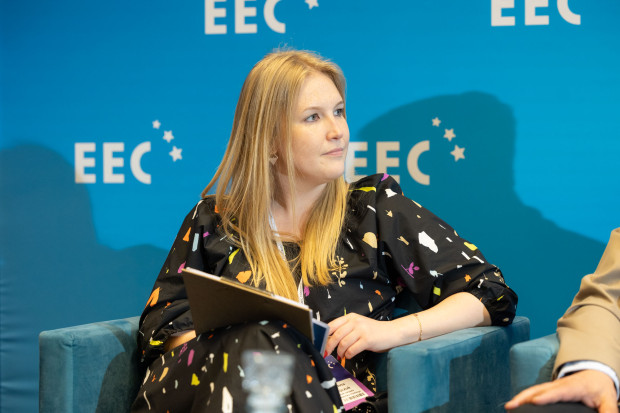
As she added, this region is no longer perceived solely through the prism of heavy industry, but also through great diversity: there are mountains, Jura, the entire post-industrial heritage, but also UNESCO heritage. Every year, the Silesian Voivodeship is visited by over 6 million tourists, which is converted into over 6 billion zlotys.
- We have strong tourist brands, which are included in this strategy - Bojczuk continued, noting, however, that a strategic document of a supra-local and supra-regional nature is needed . - It is about putting pressure from above, which would be followed by coherence, as well as strengthening the tools for regional centers. And consequently, we are also counting on financial resources; this will certainly be useful for our development - she noted.
The industry must keep up with new expectations of touristsBecause in recent years both tourism and tourist expectations have changed a lot.
- Mother Nature chose for us, because we are already in such a situation that tourism is the only possible option. There is no other branch on which we can base our development here - said Antoni Byrdy, mayor of Szczyrk, president of the Porozumienie Gmin Górskich RP. - Szczyrk is associated with the power of energy, that is the motto, so we focus on all sports - from those for amateurs to extreme sports. Business tourism is also very well developed. Then there is... the city of weddings. Ladies and gentlemen, we have about 1,200 ceremonies a year in Szczyrk.
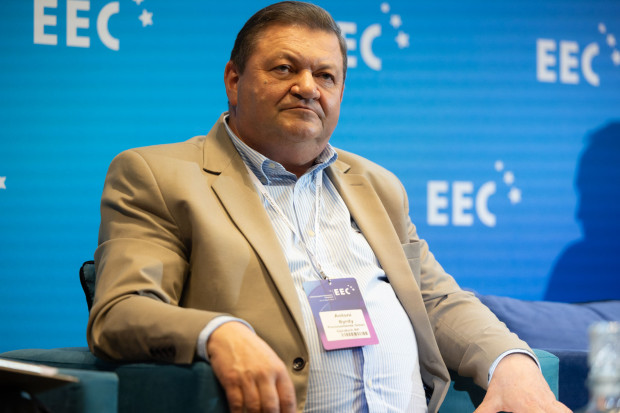
Globalization, ease of movement, travel, integration with the EU and systemic changes in Poland have caused local governments to compete with each other for funds, investors and tourists . So how do some places win in the race for tourists?
Experiences. Tourists are looking for something extra
- said Krzysztof Celuch, rector of the Vistula School of Hospitality.
- It's great that we have facilities. A dozen or so years ago, we didn't have them. It's great that we have people involved in tourism development from the sea to the mountains. However, what we are able to win with, I would strongly return to this Polish hospitality and translate it into experience and management of experience: from smiling staff in the parking lot, through people who warmly and positively welcome us in the facility we enter, to culinary experiences, and all this while taking care of the environment. It seems to me that this is something called a "unique selling point" from our point of view, it is experience and management of this tourist experience. We are good at this and we have something to manage; all we need is to build such an offer and sell it in a modern, attractive way - continued Krzysztof Celuch.
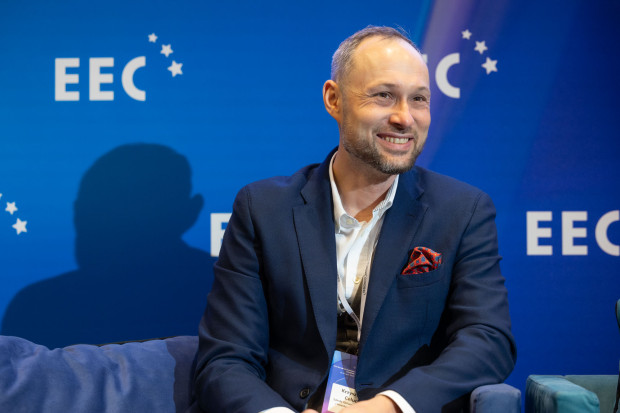
As he added, the tourist has become sophisticated and demanding, because he can go anywhere, so it is not an art to bring him once. The art is to entice him with something so that he will come back to a given place.
Investors and the hotel industry are also looking for places for their business, but places with the potential to develop and attract new tourists.
- What determines where we build our homes? We could say so frivolously, money. As investors, we want to make money, so we won't invest in a place that we don't believe will develop and keep up with our investment - noted with a smile Krzysztof Woźniczko, Marketing Director of Platan Hotels & Resorts.
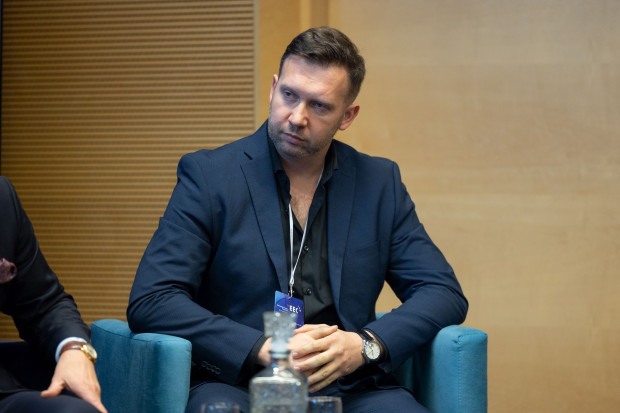
- We look a bit from a historical perspective, i.e. what was there in the past, whether people go there. Because we will not organize a filling of guests for the commune. Even when advertising, we advertise in terms of the town. We show: "we are in Szczyrk", "you will find us in Zakopane". We examine the interest in a given place and whether we will actually find our place there. We analyze what our "unique selling points" are, what our facility offers, thanks to which these guests will come to us. But of course it is also the case that when a new hotel appears in a town, more tourists come. We have a novelty effect - people want to see what it is - explained Krzysztof Woźniczko.
The meetings industry also drives tourism. But it has its challengesA special type of tourism is business tourism, tourism of events, meetings. This is the so-called MICE industry, which is developing very strongly. But the conference "tourist" has his own requirements and new expectations.
The guest now expects a finished product from us
- emphasized Krzysztof Staniszewski, general director of Crystal Mountain Hotel.
- We have noticed over the last few years that the agendas and programs of such conferences include time when guests have the opportunity to take advantage of attractions. Whether these are strictly hotel attractions, such as swimming pools, water parks, or regional dinners (which often take place in places outside the hotel), or various types of workshops in local museums. This is becoming standard. Agendas that were packed with conferences themselves, hours spent in the room, are basically gone - he said.
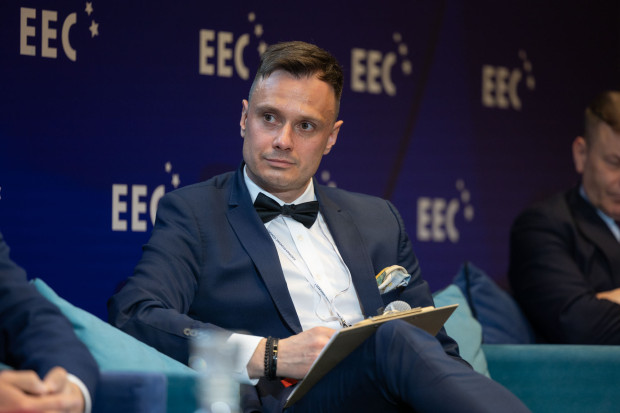
The aspect of ecology and care for the environment is also playing an increasingly important role in choosing a facility . - Awareness will grow every year and probably the young generation, which in some time will be choosing destinations for business or individual tourism, will be guided by this - added Krzysztof Staniszewski.
Municipalities and the hotel industry are interconnected vessels in tourism. They cannot forget about it.However, municipalities and investors from the tourism industry must play on the same team.
- We are doing this so that Szczyrk is simply a year-round resort, so that these dead seasons are as short as possible - explained Antoni Byrdy. - But what is the biggest problem of tourist resorts? They are developing very quickly, but the residents are not the main beneficiaries of the development of these resorts . They simply cannot keep up with the capital that appears, they are not able to keep up - he emphasized, giving the example of local guesthouses losing in competition with hotels.
Tourist authorities expect a stable financial policy and stable legal regulations from the state. On the other hand, their openness to cooperation with entrepreneurs and organizations is also needed .
- This is where our cooperation with regional, local tourist organizations, which associate entities, attractions, hotels and transport within their structures, brings results. Knowing that these are the expectations of tourists, we create trails, suggest possibilities of spending time as much as possible locally, then regionally, and looking through the prism of the entire country - so that this tourist stays in our country as long as possible. But we have to fit into their scenario of expectations, that they want to see as much as possible - emphasized the president of POT Rafał Szmytke.
You can watch the entire session "Tourism and the Market", which took place at the 17th European Economic Congress, in the video below:
portalsamorzadowy
